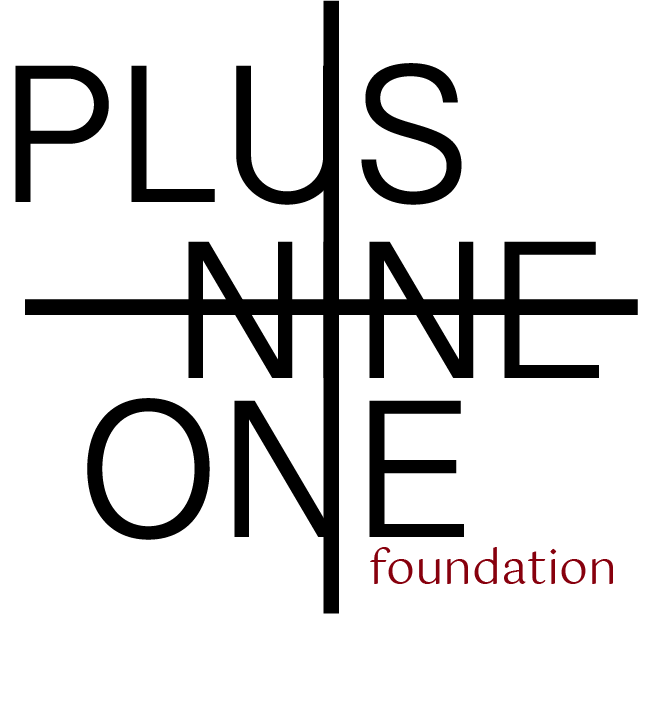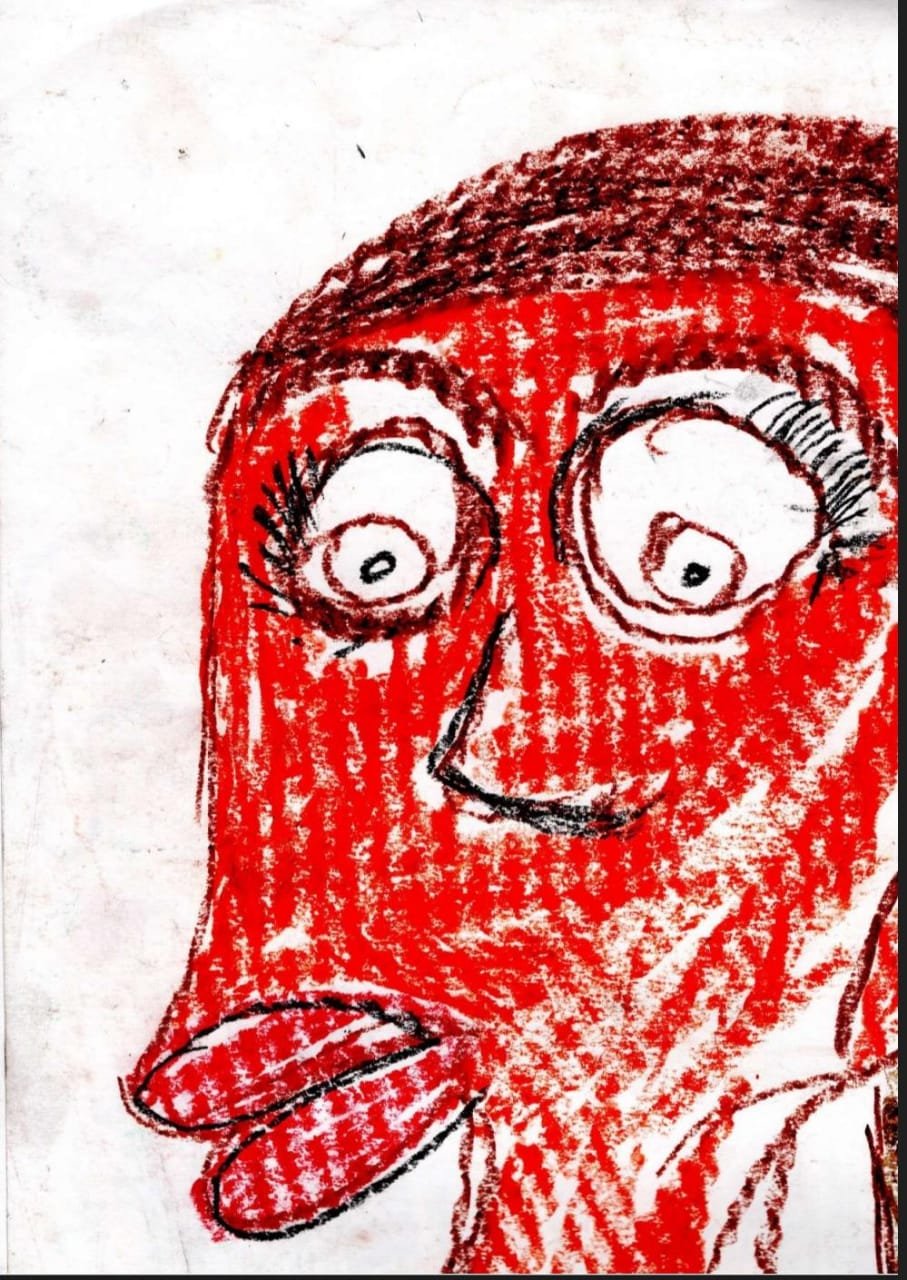a restorative justice project
introducing arts in prisons across Maharashtra
just: Art
just: Music
Principles for Reimagining the Justice System
-
Many people who end up in prison are from underprivileged or marginalised backgrounds. Many are victims of wider social injustices.
People in prison may not meet society’s standards of perfect victimhood. Many have acted in ways that caused harm to themselves or others.
But within a justice system slanted against them, there is often little opportunity for repair, or escaping systems of oppression built around stigma and blame.
-
Violence and harm exist as a cycle. Some one harms you, you bury the pain, it comes out elsewhere on someone else.
We must work on developing a system of conflict resolution for our society that results in this cycle of harm being broken.
-
Communities must work towards reintegration and healing where individuals commit harms. And individuals who harm others must take responsibility for the consequences of their actions on others.
-
For victims, justice can mean:
being given the chance to speak freely about the harm they experienced. They want their experience to be recognised as valid .
sometimes, they want concrete forms of repair from the person who caused harm before they can resume trusting that individual and society as a whole.
Our justice system must centre the process of repair around the victim’s needs.
For the offender:
Not being isolated, shamed or stigmatised or identified with their harmful action permanently. Being given a second chance.
Having the chance to explain their own experience.
Having the chance to take responsibility for their actions without sacrificing their lives, livelihoods, security, family, and reputation.
For the community:
Indirect experiences of harm should also be taken into account — for example, a hate crime against a person of a particular faith, caste, gender can indirectly affect members of the wider group.
-
A justice system should not put unnecessary barriers between parties in conflict, and give them opportunities to resolve, repair and heal.
In our justice system, sadly, as soon as lawyers get involved — parties in conflict are asked to stop talking with the other side. Strained communication or no communication is tied to an increased breakage of trust. Often, this prevents the opportunity for what parties in conflict most need — which is to be heard by the other person
-
People who end up isolated and stigmatised due to their actions can experience even more trauma in confinement. Instead of breaking the cycle of harm, they end up even more likely to commit harms, or become repeat offenders.
Impact
100+
people we have reached in our weekly art classes
500+
people attended live music performance
40
classes taught across male and female prisons
We teach
art history, figure drawing, print making, collage, mixed media
Connect
-
You can contribute to our work in many ways. Just look at art on this page, let it move you! Email us to buy artworks, or make donate materials and supplies.
If you’re a musician or performer interested in working with us, connect with us at contact@plusnineone.org
courageous experiments in hope and resilience
arts x social justice






















